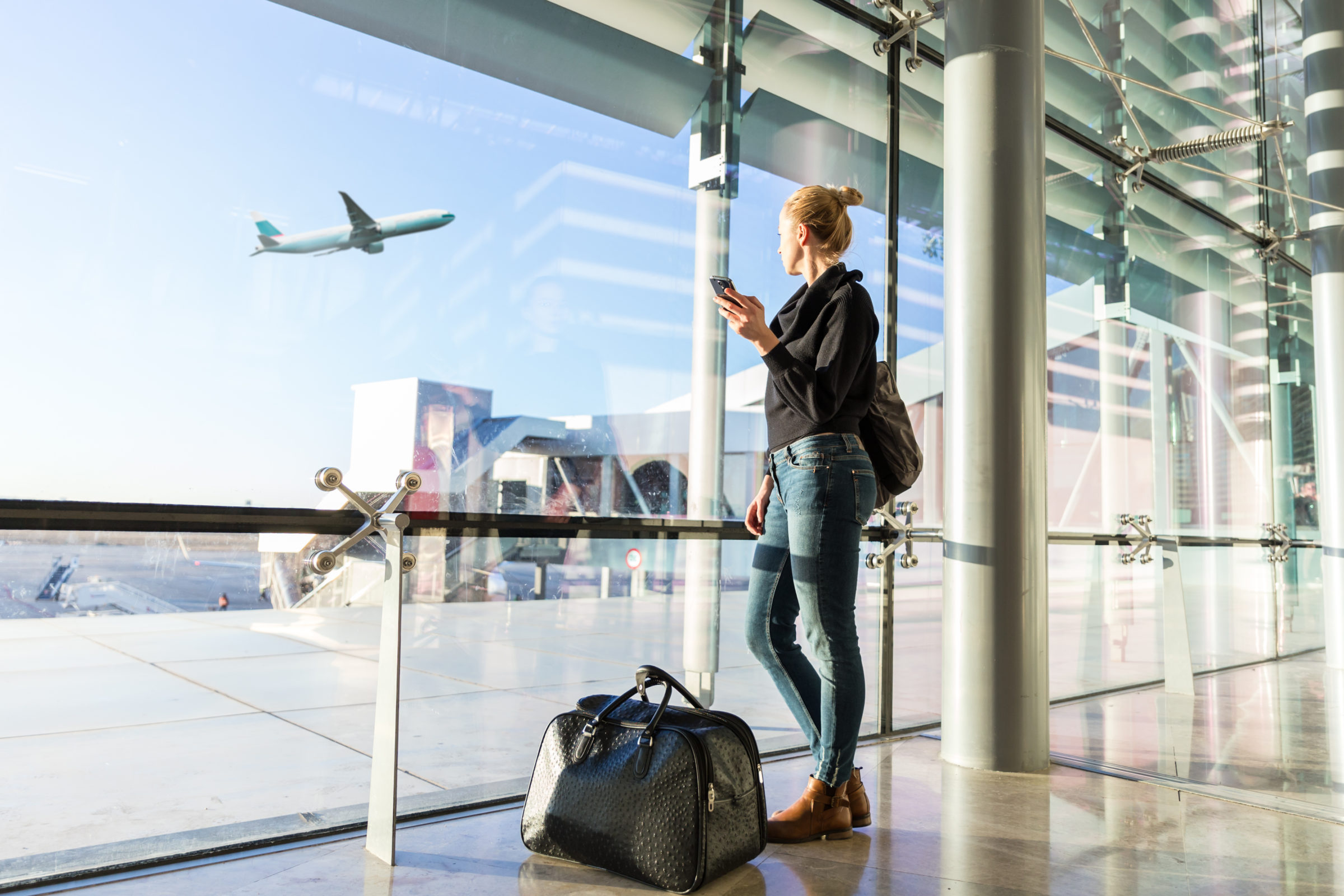
Flying has become a common mode of transportation for many people, posing a significant environmental risk. Travelling by plane emits fifteen times more pollution than taking the train! Flying has an impact on the environment and contributes to global warming, particularly through CO2 emissions from kerosene combustion.
Travelling without a plane is a more environmentally responsible way of getting around, as it reduces each individual’s carbon footprint. In an “ideal” world, flying should be used only when there are no other options for a long-distance flight and should be considered an occasional mode of transportation. If you plan to travel far away, you can use carbon credits. What is carbon credit? It’s an easy way to travel and use airplanes as a means of transportation, without polluting the Earth.
What alternatives exist?
Taking a different approach to travel and trying new adventures with modes of transportation other than airplanes will not ruin your vacation, and may even enhance it… It may give you the opportunity to travel at a low cost, reconnect with nature, and avoid the stress of airports.
The train
If we had to choose only one mode of transportation to replace the plane, it would undoubtedly be the train. There are numerous benefits to travelling by train, including being dropped off in most city centres upon arrival, viewing beautiful scenery along the way, and travelling at night… Furthermore, luggage restrictions on trains are much less stringent than those imposed by airlines.
The car
This is a way to travel at your own pace and take your time planning your itinerary by choosing roads with beautiful scenery.
To be considered a more responsible mode of transportation than the airplane, it is not necessary to travel alone, but rather to share this mode of transportation. The environmental impact per passenger is reduced when multiple passengers travel in the same vehicle. This is the fundamental principle of carpooling or hitchhiking, in which the cost of gas or tolls is also shared.
The bus
The bus, which is affordable and convenient for those with limited time, allows them to travel long distances. Long considered uncomfortable, buses are now outfitted with new features to make the journey more enjoyable: Wi-Fi, personalized lighting, and comfortable seating…
Other modes of transportation
Other modes of transportation can also be used in place of flying. There are two-wheeled modes of transportation in particular: bicycle, scooter, motorcycle…
A bicycle trip, for example, can be a simple and efficient way to travel for a short trip or, for the bravest, a long trip.
New ways to travel
To reduce your carbon footprint when travelling, you can adopt new styles of travel that will allow you to discover places and people from a different, more authentic angle.
Ecotourism
Ecotourism is a type of environmentally responsible travel that demonstrates some citizens’ commitment to long-term development. This type of travel reduces its environmental impact, seeks to preserve the places visited, and helps local populations.
It will be difficult to travel without a plane if your trip takes you to the other side of the world. On the other hand, once there, you can use less or non-polluting modes of transportation to compensate (a little) for your carbon footprint.
Far from mass tourism, ecotourism allows you to preserve nature, meet local populations, and enjoy a change of scenery on roads that you would never be able to see from the air.
Slow travel
Slow travel is a mindset that prioritizes the quality of travel over the quantity of sites visited. In a world where speed is important, whether at work, in transportation, or even in leisure, this movement advocates exploring a country or region at a slower pace while being mindful of the environment and preferring modes of transportation other than the plane.
Local travel
By opting for short trips close to home, you can discover places that are just as surprising as those on the other side of the world.
You might find destinations that meet your expectations if you take a closer look at all of these local treasures. It would also be an opportunity to consume local products and, in particular, to favour more gentle modes of travel over short distances rather than air travel.